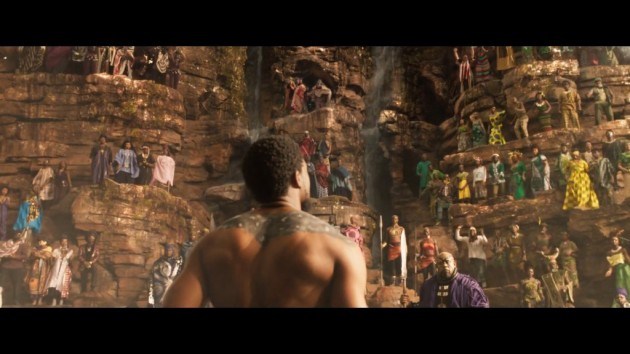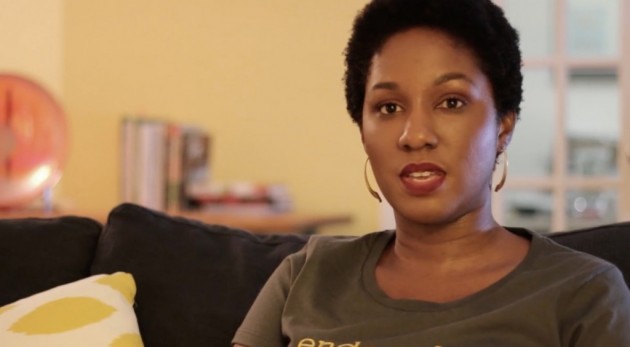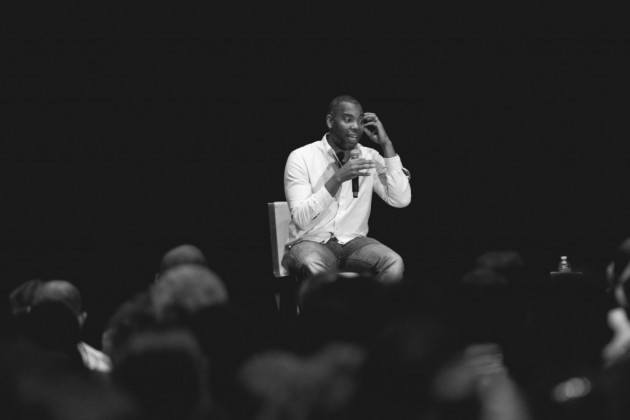Adding more closeness in an election that may be too close tocall, US District Judge James Cohn ruled last week in thecontroversial case of Wexler v. LePore that voting machinesin Florida do not have to produce paper trails. Paper trailsare used to manually recount the results of electronic votingmachines during close elections.
United States Representative Robert Wexlerfiled the suit with a Palm Beach Circuit Court. Thedefendants in the case were county Supervisor of Elections, TeresaLePore, and Secretary of State, Glenda Hood. The defense feltthat Wexler did not have a case because a problem had not arisenwith the electronic voting machines.
The suit was in response to the 2000 case ofBush v. Gore in which the Supreme Court’s rule stoppeda manual recount of electronic voting machine results and Bush wonthe election with only 537 votes.
“The electronic voting machines used inFlorida lack a verifiable paper trail that is necessary toguarantee the fairness of an election,” said Wexler. Statistics have shown that two percent of ballots cast on theelectronic voting machines do not register.
In response to Wexler filing the suit, FloridaLegislation passed the Election Reform Act of 2001, which bannedthe use of punch card machines and set a standard for all votingpolls in Florida. In light of the Election Reform Act, theFederal Government passed the Help America Vote Act in 2002, whichprovides funding for states to purchase electronic votingmachines. Counties in Florida have purchased the machines,but printers have not been attached.
In a district court ruling last week, USdistrict court Judge James Cohn said, “Machines providesufficient safe guards.” Cohn supported his decision bysaying that the machines allow voters to review their ballotsbefore making a final decision, so paper records areunnecessary.
Wexler hoped the suit would make a fundamentalchange in the 2004 election. If Judge Cohn had ruled in hisfavor, paper records would be required or there would be a switchto optically scanned ballots. Not satisfied with the verdict,Wexler plans to appeal. He believes that the judge did notwant to make changes because elections were only one week away.
Not all are dissatisfied with JudgeCohn’s decision; some feel as if the decision was needed torestore the faith of Floridians in the electronic votingsystem. In an Associated Press Article, Jenny Nash, aspokeswoman for the secretary of state said, “Florida votersshould have complete confidence in the voter systems we’reusing, and for Congressman Wexler to try to erode the voterconfidence is a real disservice to Florida.”
Students in Florida still feel indifferentabout their vote being counted in this year’s election.
“To an extent, I don’t think myvote will be counted this year. Florida is verycrooked. In a repeat performance of four years ago, somethingwill happen. Florida will again be the state to decide theelection,” said Phillip Singleton a sophomore marketing majorat Florida Agricultural and Mechanical University.
As printed in the Associated Press article,Wexler said, “Governor Bush successfully ran the clock out on theability to improve the election process for 2004.”





